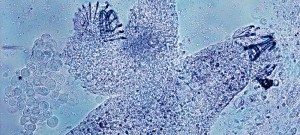 The Parasites and Insect Vectors Department investigates the life cycle of parasites and their vectors. This research addresses global public health concerns and tackles the ongoing need for better prevention, control, and treatment. The department focuses its research on three key eukaryotic parasites responsible for severe diseases of major health and economic burden in most of the world’s regions: Plasmodium species, which cause malaria; Leishmania species, the causative agents of leishmaniasis; and Trypanosoma species, responsible for sleeping sickness. The Anopheles mosquito (the vector of Plasmodium and viruses) is also studied, as is the tsetse fly (the sleeping sickness vector). The department combines fundamental research on in vitro and in vivo models – including field work, particularly in Africa and Asia – with applied research, for example on the resistance of the malaria parasite to antimalarial drugs, and the identification of new antiparasitic drugs. Novel experimental models and tools are developed to help understand the dynamic interactions between these microorganisms and their hosts, identify the fundamental bases of parasitism and transmission by vectors, reveal host invasion mechanisms, and determine the virulence factors, pathology, and survival strategies of these organisms.
The Parasites and Insect Vectors Department investigates the life cycle of parasites and their vectors. This research addresses global public health concerns and tackles the ongoing need for better prevention, control, and treatment. The department focuses its research on three key eukaryotic parasites responsible for severe diseases of major health and economic burden in most of the world’s regions: Plasmodium species, which cause malaria; Leishmania species, the causative agents of leishmaniasis; and Trypanosoma species, responsible for sleeping sickness. The Anopheles mosquito (the vector of Plasmodium and viruses) is also studied, as is the tsetse fly (the sleeping sickness vector). The department combines fundamental research on in vitro and in vivo models – including field work, particularly in Africa and Asia – with applied research, for example on the resistance of the malaria parasite to antimalarial drugs, and the identification of new antiparasitic drugs. Novel experimental models and tools are developed to help understand the dynamic interactions between these microorganisms and their hosts, identify the fundamental bases of parasitism and transmission by vectors, reveal host invasion mechanisms, and determine the virulence factors, pathology, and survival strategies of these organisms.
Click to view graph
Connections
About
Teams
Platform
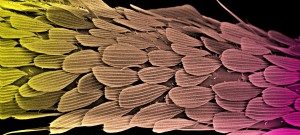
Center for the Production and Infection of Anopheles

Sabine Thiberge
Laboratory
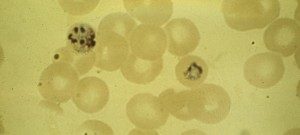
Malaria Parasite Biology and Vaccines

Chetan Chitnis
Laboratory
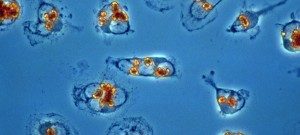
Molecular Parasitology and Signaling

Gérald Spaeth
Laboratory
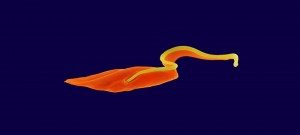
Trypanosome Cell Biology

Philippe Bastin
Laboratory
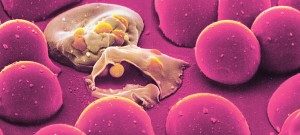
Malaria Infection & Immunity

Rogerio Amino
Laboratory
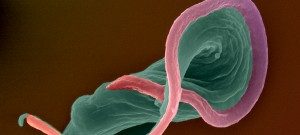
Trypanosome Molecular Biology

Lucy Glover
Laboratory
G5

Parasite RNA Biology

Sebastian Baumgarten
Laboratory

Biology of Plasmodium Infection and Transmission

Liliana Mancio Silva
Laboratory

Spleen, Parasites & Infections

Pierre Buffet
Associated teams
Group
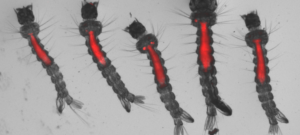
Microbiota of Insect Vectors

Mathilde Gendrin
Laboratory
G5

Infectious Disease Epidemiology and Analytics

Michael White
Management

Lucy Glover
Head of Structure
Director

